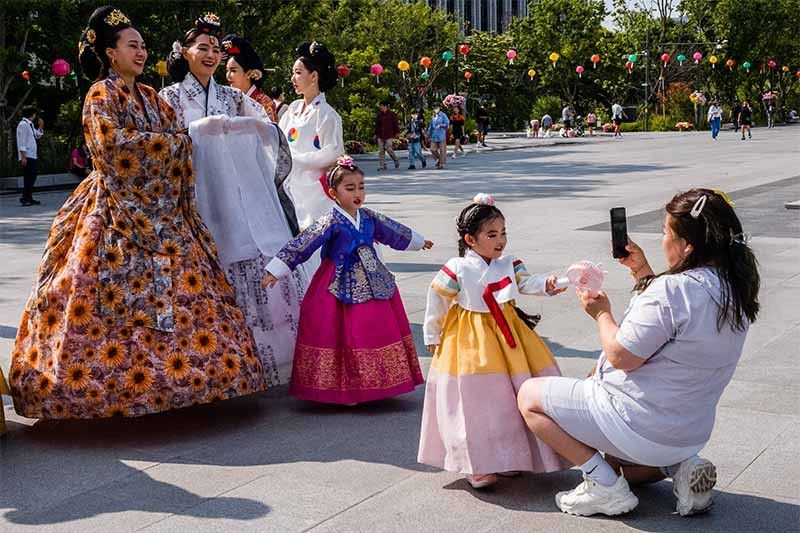South Korea launching Hallyu visa for K-culture fans; 'workation visa' for those WFH

MANILA, Philippines — South Korea will begin the rollout of new visas which will allow non-Korean individuals to stay in the country for up to two years.
The K-culture training visa or for short the Hallyu visa are ideally directed at individuals registering at local performing arts academies in South Korea, according to a report from Forbes.
The magazine mentions the country's Ministry of Culture, Sports and Tourism finding the arts as "the driver of K-culture for the next generation," and increased support for young artists and writers are among the key strategies to invite foreigners.
A ministry report from last October found that K-pop is the most-cited reason for visiting South Korea, mentioned almost 37 million times — more than twice more often than Korean food and around four times more often than general Korean cultural content.
The billion-dollar K-pop industry is also a huge factor for the country's economy, with South Korea's gross domestic product impacted by the announcement of boy band BTS going on hiatus to focus on individual careers and to enlist in the mandatory military service.
Related: South Korea Embassy announces new e-Group visa applications for tourists
Specific requirements for the Hallyu visa will be disclosed in the latter half of 2024.
South Korea is also focusing on the distribution of digital nomad or workation visas, where foreign residents can stay in the country for up to two years while working a remote job abroad, on a test run to see if it can be maintained permanently.
"So far, foreigners were required to apply for tourist visas or just stay for less than 90 days without a visa for 'workcation' in Korea," the country's Justice Ministry said in a statement. "The new system will allow employees and employers in overseas firms to tour and work remotely in Korea for a longer period of time."
Interested applicants must submit documents to their respective Korean embassies proving they earn an annual income over 84.96 million won (P3.6 million), which is double the gross national income per capita in South Korea.
Other documents should verify one's employment status, criminal record, proof of private health insurance, working in their field for at least a year, and age of being at least 18 years old. Successful applicants will be allowed to bring a spouse or dependents who are minors.
RELATED: Mums at work: South Korean company's pro-parent, office-free policies





















